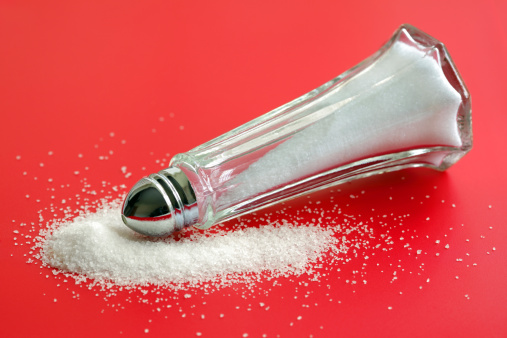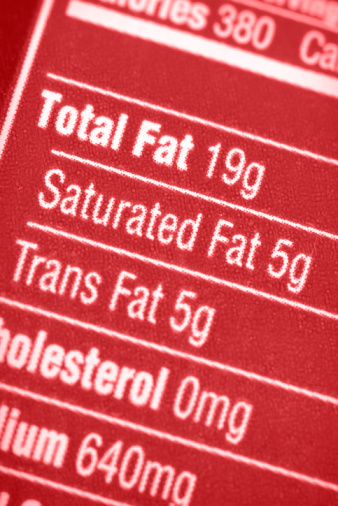
There has been rising controversy between trusted health institutions, such as the American Heart Association, the Center for Science in the Public Interest, the Institute of Medicine and the Center for Disease Control as to the proper healthy levels of sodium the average person should consume on a daily basis. The many reports that have been conducted to arrive at such conclusions range from 1,500 mg daily to 2,300 mg or more a day. While statistical trends on sodium consumption across western nations seem to keep rising, there are reports that prove otherwise, that sodium consumption is down. With such conflicting information, knowing the proper amounts of sodium to eat daily can be very confusing to consumers. Let's make it easier and understand the facts about exactly how much sodium is too much.

It is important to understand (and really wrap your head around) that every "body" and person requires a different amount of vitamins, minerals, nutrients and water to function optimally well. Depending on where you live, lifestyle, gender, ethnicity and age, requirements will vary vastly. This is why general blanket assumptions on exact levels of dietary suggestions should be taken with the understanding that your specific level may be lesser or greater, according to your direct present need. A female person that is 80 years old, fighting diabetes, for example, will need far fewer sodium requirements than a male professional athlete in his early 20's.
• Eating too much sodium may increase blood pressure, leading to heart disease and stroke
• Eating too much sodium for people with diabetes may result in chronic kidney disease, high blood pressure and heart disease (heart attack and stroke)
• 75 % of sodium eaten in America is from processed and restaurant foods
• Average American eats about 3,500 to 4,000 mg of sodium daily.
• Despite vows from food manufacturers and restaurants to reduce sodium, the average in 402 packaged foods decreased sodium only 3.5 percent and an overwhelmingly large majority of restaurants increased sodium contents in foods.
• Only a small amount of sodium Americans consume comes from the salt shaker
• Sodium is present in processed foods such as additives, cookies, beverages, frozen meals, sauces, and snack foods
• One slice of restaurant pizza has at least 2,000 mg of sodium (most ordered food in America)
• Eating too little amounts of sodium may cause a reduction in potassium (which protects body)
• Eating too little amounts of sodium may cause dehydration and impair renal function
• Eating too little amounts of sodium (less than 1,800 mg a day) for people with congestive heart failure could result in more heart complications, doubled their risk of hospitalization and raised the risk of mortality.
• Percentage of people eating less than 1,500 mg a day is less than 1 percent.
• There is not a single outcome study showing benefit from less than 2,300 mg per day of sodium
• Prepare your own foods, soups, sauces, dressings and seasonings with fresh and dried herbs and spices instead of eating processed, prepackaged or restaurant foods (as much as you can) • Select low sodium or sodium free packaged foods
• Select low sodium or sodium free packaged foods
• Use Himalayan Pink Sea Salt or Unprocessed salts with iodine, which are free from impurities and infused naturally with antioxidant-rich polyphenols
• Avoid eating from canned foods, but if you do, rinse the contents before cooking and eating• Read all food labels that come with food labels before eating. Note the sodium content and make "better for you" decisions. • Drink plenty of water throughout the day, 20 min before and after 20 min eating (not during meals as it will interrupt digestive enzymes, acids and digestion process)
• Drink plenty of water throughout the day, 20 min before and after 20 min eating (not during meals as it will interrupt digestive enzymes, acids and digestion process)
Sources: CDC.gov, Natural Foods Merchandiser July 2013, U.S. Health News,
